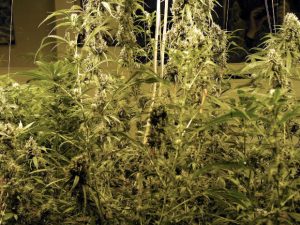Marijuana Investors Seek High Returns
In just a few days, we’ll know the results of what has undoubtedly been an arduous election. But no matter who wins the presidential race, our marijuana lawyers anticipate one of the biggest winners will be legal marijuana. Five states are slated to weigh marijuana for adult recreational use. Four other states are considering measures that would legalize marijuana for medicinal purposes. Every single one of these initiatives are leading in the polls. As it already stands, 25 states have legalized the drug four (so far) have legalized adult recreational marijuana. 
All of this has understandably caught the eye of investors. The fact that marijuana sales are expected to balloon from the current $7.4 billion to $20.6 billion by 2020 isn’t lost on them. If the November ballot initiatives passed in California, Florida, Arizona, Nevada, Montana, Maine and Massachusetts, those states alone are going to see $2.7 billion in sales by 2018, which is going to grow to about $8 billion within just two years.
Although the potential financial benefits are significant, investors need to be cautious. Consulting with an experienced marijuana attorney is a smart move, considering the volatility of the market, and the fact that not all of these stocks are going to survive. The Marijuana Index, a benchmark firm that follows U.S. and Canadian stocks in the industry noted that public companies in the marijuana market are still highly speculative at this point. Most of the shares are traded over-the-counter, so they don’t have to submit audits to financial regulators. The SEC suspended five marijuana companies in 2014 for engaging in fraud. Investors need to be especially cautious when it comes to start-up companies. Continue reading
 Cannabis Law Group's Medical Marijuana Legal Blog
Cannabis Law Group's Medical Marijuana Legal Blog













